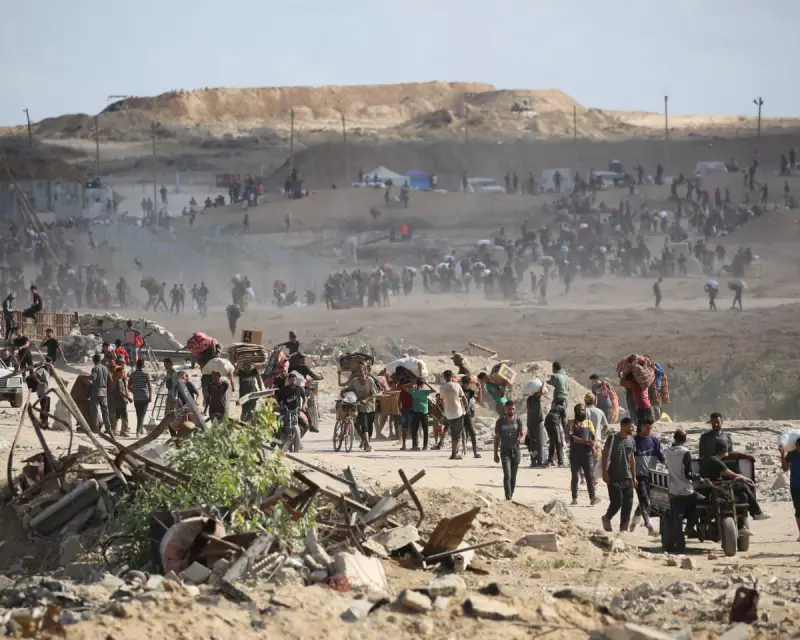
As the Middle East conflict continues to dominate global headlines, former President Donald Trump has unveiled a controversial three-phase proposal aimed at resolving the Gaza crisis. The plan, emerging during his 2024 campaign, promises immediate humanitarian relief followed by long-term political solutions.
The Three-Pillar Approach
Trump's strategy hinges on a carefully sequenced approach:
- Phase One: An immediate ceasefire coupled with massive humanitarian assistance to address Gaza's dire situation
- Phase Two: Establishing an interim international administration to govern the territory
- Phase Three: A comprehensive political settlement determining Gaza's future status
Expert Analysis: Can It Actually Work?
Middle East specialists remain deeply divided about the plan's feasibility. "The proposal contains some constructive elements," notes Dr. Sarah Williamson, a conflict resolution expert at King's College London, "but it fundamentally underestimates the political complexities on the ground."
The most contentious aspect involves Trump's suggestion of potentially relocating Gaza's population—a concept that has drawn sharp criticism from human rights organisations and regional experts alike.
The Diplomatic Challenge
Unlike traditional US-led peace efforts, Trump's approach appears to marginalise the Palestinian Authority while relying heavily on regional partners like Egypt and Gulf states. This shift in strategy raises questions about long-term sustainability and local ownership of any peace process.
Critical questions remain unanswered: How would Israel's security concerns be addressed? What role would Hamas play in negotiations? And most importantly, would Palestinians themselves have meaningful input into their future?
The Political Context
The timing of this proposal is significant, emerging during a heated election campaign where foreign policy credentials are under scrutiny. Critics argue the plan serves more as political positioning than practical statecraft, while supporters see it as a bold departure from failed previous approaches.
As the international community watches closely, one thing remains clear: any viable solution for Gaza must balance immediate humanitarian needs with sustainable political arrangements that address the root causes of this enduring conflict.






